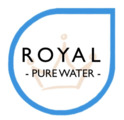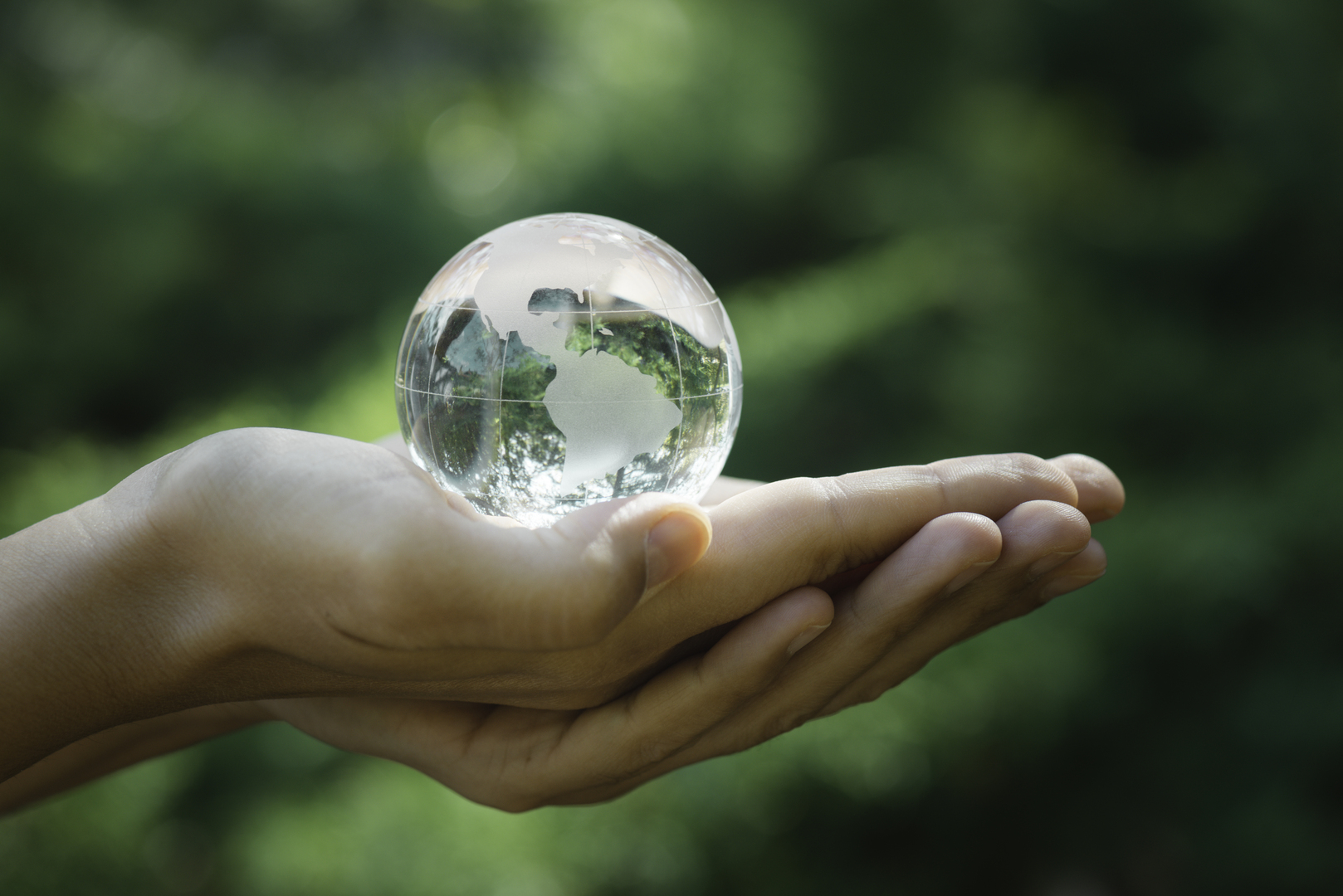Plastic Water Bottle Pollution
A Global Menace Polluting Landfills and Oceans
Plastic water bottles, once hailed for their convenience and portability, have emerged as a formidable environmental threat. Their widespread use and improper disposal practices have led to the accumulation of mountains of plastic waste in landfills and the contamination of our precious oceans. This article delves into the alarming facts surrounding plastic water bottles' pollution, its impact on the environment, and the urgent need for collective action to mitigate this global crisis.
The Plastic Water Bottle Epidemic
The proliferation of plastic water bottles over the past few decades has been nothing short of astonishing. These lightweight containers have become ubiquitous, found in offices, schools, homes, and on store shelves worldwide. According to recent estimates, approximately one million plastic bottles are sold every minute, adding up to an astonishing 1.5 million metric tons of plastic waste generated annually from this single product alone.
Landfill Looming: The Grim Afterlife of Plastic Bottles
Despite efforts to recycle, a significant portion of plastic water bottles end up in landfills. Plastic waste can take centuries to decompose, and the non-biodegradable nature of these bottles means they linger in landfills, contributing to the ever-growing mountains of waste. This not only consumes valuable land but also generates harmful greenhouse gases as plastic breaks down and releases methane and other pollutants into the atmosphere.
Oceans Choking on Plastic
Perhaps the most alarming consequence of plastic water bottle pollution is the contamination of our oceans. Mismanaged plastic waste finds its way into water bodies, eventually reaching the seas and oceans through various channels such as rivers and storm drains. The Great Pacific Garbage Patch, an enormous concentration of floating plastic debris in the Pacific Ocean, is just one example of the alarming scale of plastic pollution in our marine environments.
Marine Life in Peril
The impact on marine life is heart-wrenching. Sea creatures, from the smallest plankton to the largest whales, are ingesting or getting entangled in plastic debris. Marine animals often mistake plastic fragments for food, leading to severe health issues, internal injuries, and even death. This tragic consequence disrupts marine ecosystems and poses a threat to countless species that play vital roles in maintaining ecological balance.
Toxic Chemicals Leaching into Ecosystems
Another concerning aspect of plastic water bottle pollution is the potential for hazardous chemicals to leach into the environment. As plastic bottles degrade under sunlight and ocean waves, they release harmful substances like Bisphenol A (BPA) and phthalates. These chemicals can seep into soil and water sources, posing health risks for both wildlife and humans who rely on these ecosystems.
Mitigating the Crisis: A Call to Action
The pollution caused by plastic water bottles is a global issue that demands immediate attention and collective action. Here are some key steps to combat this crisis:
Reduce and Reuse: Individuals can adopt simple lifestyle changes such as using reusable water bottles made from eco-friendly materials to minimise their plastic footprint.
Improved Waste Management: Governments must prioritise and invest in effective waste management infrastructure to ensure proper recycling and disposal of plastic waste.
Industry Accountability: Beverage companies can play a significant role by investing in sustainable packaging alternatives and adopting responsible recycling practices.
Public Awareness and Education: Raising awareness about the environmental consequences of plastic water bottle pollution is essential to encourage behavior change and inspire action.
Policy Interventions: Policymakers should consider implementing legislation to ban or limit the production and use of single-use plastic bottles, while promoting sustainable alternatives.
Conclusion
The pollution of our global landfills and oceans with plastic water bottles is a pressing issue that demands immediate attention from individuals, industries, and governments alike. By acknowledging the environmental toll of our convenience-driven choices, implementing sustainable practices, and embracing eco-friendly alternatives, we can strive towards a cleaner, healthier planet for future generations. Together, we can turn the tide on this plastic water bottle epidemic and create a more sustainable and harmonious relationship with the environment.


